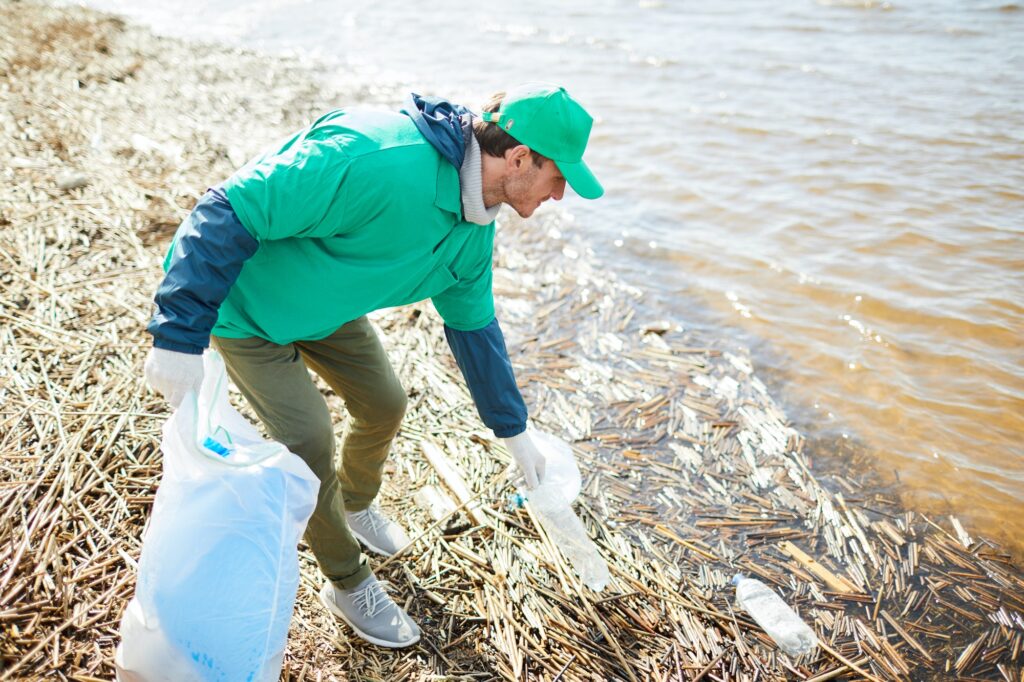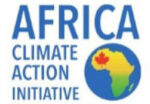Respond to climate change
It is estimated that Africa needs an additional investment of $500-1.2 trillion per year to meet the 2030 Agenda for Sustainable Development. These funds must be invested in African-led solutions in all sectors, including agriculture, energy, development
infrastructure and education. ACAI seeks to provide solutions that support our human systems and restore our ecosystems. We promote the following transversal solutions:
Water Safety: water security and climate change are interrelated challenges. Water availability is increasingly unpredictable in many parts of Africa, and the increased frequency of floods threatens to destroy water points and sanitation facilities and contaminate water sources. In some regions, droughts exacerbate water scarcity and thus have a negative impact on the health and productivity of populations. Ensuring everyone has access to sustainable water and sanitation services is a key climate change mitigation strategy for years to come. We focus on improving sustainable access to adequate quantities of safe drinking water and building the capacity of the population to ensure access to water to support health and livelihoods, foster development socio-economic and preserve livelihoods (Source:
UN Water).
Regenerative agriculture: how can the continent grow food in ways that restore land while ensuring food and nutrition security and driving economic development? Regenerative agriculture is a system of agricultural principles and practices that increases biodiversity, enriches soils, improves watersheds, and enhances ecosystem services. It aims to capture carbon in soil and above-ground biomass, reversing current global trends in atmospheric accumulation. It also offers increased yields, resistance to climatic instability, and improved health and vitality for farming and ranching communities. The system is based on decades of scientific and applied research by the global organic farming, agroecology, holistic management and agroforestry communities. From the principles of regenerative agriculture emerge a diversity of practices that progressively improve entire agro-ecosystems while alleviating poverty, preserving food security and reversing climate change (Source: Terra Genesis International).
Gender Equality and Girls' Education: women are disproportionately affected by the adverse effects of climate change, affecting the ability of individuals and communities to adapt. The important contributions of women as decision-makers, stakeholders, educators, caregivers and
experts in all sectors and at all levels lead to effective and long-term solutions to climate change (Source: IUCN). Research has shown that educating girls is one of the most effective and cost-effective ways for every nation to take positive action against climate change. Educational resources can be leveraged to increase rural access to education, especially for women and girls. Solar power can provide power for WiFi hotspots and educational technology such as tablets from Rumie Initiative, One Billion, World Possible and others. The implementation of educational technology in Africa is hampered by the lack of reliable energy sources. Providing e-learning resources through multifunctional platforms (i.e. that also support agricultural functions) powered by solar energy could create sustainable revenue models for resource integration education, especially in rural areas. At the same time, educational resources can be leveraged to provide educational and training content to support capacity in climate-smart agriculture, food security and entrepreneurship, especially for women and girls.
Renewable energy: universal access to clean and affordable energy is essential to achieve sustainable development and human well-being.


